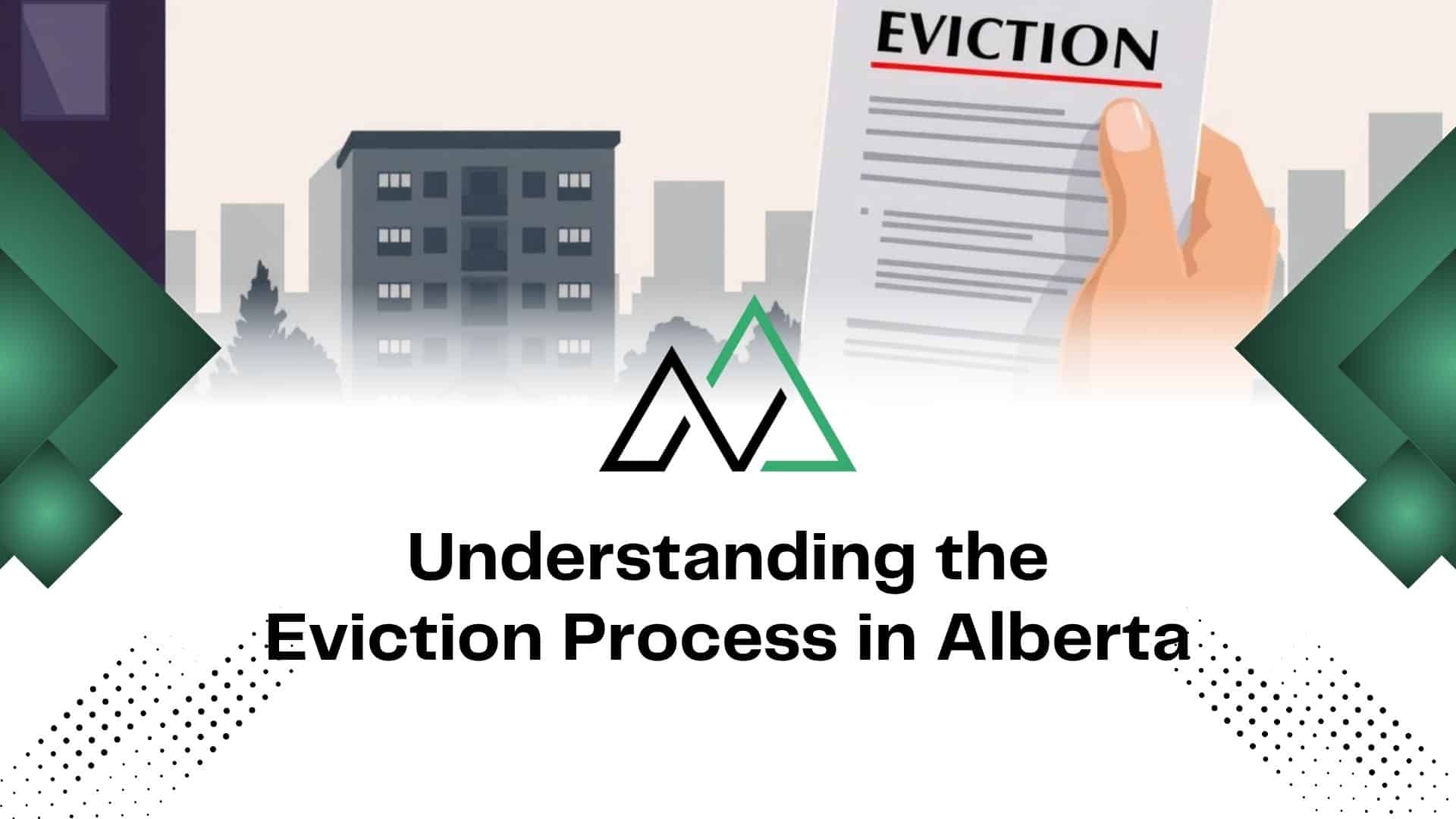Dealing with landlord-tenant issues needs clear rules. Alberta has a fair system that works fast. It helps both landlords and tenants understand their rights.
In Alberta, there are two main types of notices. One is for serious problems like damage, and the other for issues like unpaid rent. This makes solving problems quicker than in many places. But, you must follow strict rules to prove your case.
The Residential Tenancy Dispute Resolution Service (RTDRS) helps solve disputes. It’s a quicker way than going to court. If you need help, call New Homes Alberta at (403) 305-9167. Knowing the rules can save you from big problems. If you’re a tenant, make sure you know your rights before you respond to a notice.
Key Takeaways
- Alberta uses faster eviction timelines than most provinces
- 24-hour and 14-day notices address different violation types
- RTDRS resolves disputes without traditional court delays
- Documentation determines case outcomes for both parties
- Professional guidance ensures compliance with local laws
Legal Framework for Evictions in Alberta
Alberta’s eviction laws protect both property owners and residents. They ensure fair treatment in disputes. The rules are outlined in provincial legislation.

Residential Tenancies Act and Regulations
The Residential Tenancies Act (RTA) is Alberta’s guide for rental relationships. It outlines the duties of landlords and tenants. It also provides legal ways to solve conflicts.
Key provisions governing landlord-tenant relationships
Important RTA rules for Alberta renters and landlords include:
- Landlords must give written notice by approved methods (in-person or registered mail)
- Tenants can dispute notices within set timelines
- Rent increases need 90-day notice with proper documents
Role of the Residential Tenancy Dispute Resolution Service (RTDRS)
This tribunal handles most eviction cases efficiently:
- It offers phone hearings for remote participation
- Landlords must provide evidence like payment records or damage photos
- Tenants can ask for payment plans for owed rent
New Homes Alberta’s legal team helps with RTDRS procedures. They assist with evidence packages and negotiating hardship extensions. Their knowledge prevents mistakes that could invalidate claims.
Knowing the eviction process rules is key to avoiding costly errors. For instance, wrong notice service delays cases. Missing response deadlines weakens a tenant’s case. Always check documentation needs with provincial guidelines or seek local advice.
Valid Reasons for Eviction
Alberta’s eviction laws protect both tenants and landlords. They clearly state when a tenancy can end. Let’s look at the four legal reasons for eviction and what landlords need to prove.

Non-Payment of Rent
Late or missing rent is a common reason for eviction. Landlords must:
- Send a formal 14-day notice to pay or leave
- Wait two weeks before going to RTDRS
- Only accept partial payments if agreed in writing
Tenants can stop eviction by paying owed rent in time. Courts usually support landlords if rent is 15+ days late without talking.
Substantial Breach of Agreement
This reason covers serious violations that harm property safety or disturb others. Examples include:
- Unauthorized subletting or pet ownership
- Chronic noise complaints with police reports
- Repeated guest overstays beyond lease limits
Landlords must give 14 days to fix the problem. Tenants can dispute notices through Alberta’s Residential Tenancy Dispute Resolution Service if they think the claim is wrong.
Property Damage or Illegal Acts
For immediate threats, landlords can issue 24-hour notices for:
- Drug production/sales on premises
- Fire code violations creating safety risks
- Intentional damage exceeding normal wear
A 2021 Calgary case allowed eviction the same day for tenants running an unlicensed auto repair shop. Always document damage with timestamped photos.
Landlord’s Personal Use
Property owners can take back units for personal or family use with:
- Minimum 90-day written notice
- Proof of intended occupancy (renovation permits, move-in plans)
- No recent history of “personal use” claims
Tenants can challenge suspicious claims through the RTDRS. A Red Deer landlord faced $8,000 in penalties last year for falsely claiming personal use to raise rents.
Documentation Checklist
Keep your position strong with these essentials:
- Dated incident logs with witness signatures
- Communication records (emails, texts, letters)
- Third-party evidence (police reports, repair invoices)
Step-by-Step Eviction Process

In Alberta, the eviction process starts with a formal notice to tenants. Landlords must give a reason for eviction, like unpaid rent or lease breaches. They also need to follow the time frames set by the Residential Tenancies Act.
Having documents like rent records, communication logs, and photos can help if there’s a dispute. These documents support the landlord’s case.
If tenants don’t fix the issues by the notice deadline, landlords can file with the Residential Tenancy Dispute Resolution Service (RTDRS). They must prepare their evidence online before the deadline. Hearings usually happen within a few weeks, and the decision is final. Tenants can appeal within 30 days.
After a successful ruling, a sheriff must enforce the eviction. They change the locks 48 hours after posting the order. The cost is between $350 and $700. Landlords can’t remove belongings or change locks themselves, as this is illegal.
Following a guide on eviction can help. It suggests keeping track of payments online, clearly explaining lease terms, and dealing with breaches quickly. For more complex cases, New Homes Alberta provides specialized help. Call (403) 305-9167 for advice from local experts. This ensures you follow the rules and avoid delays.


